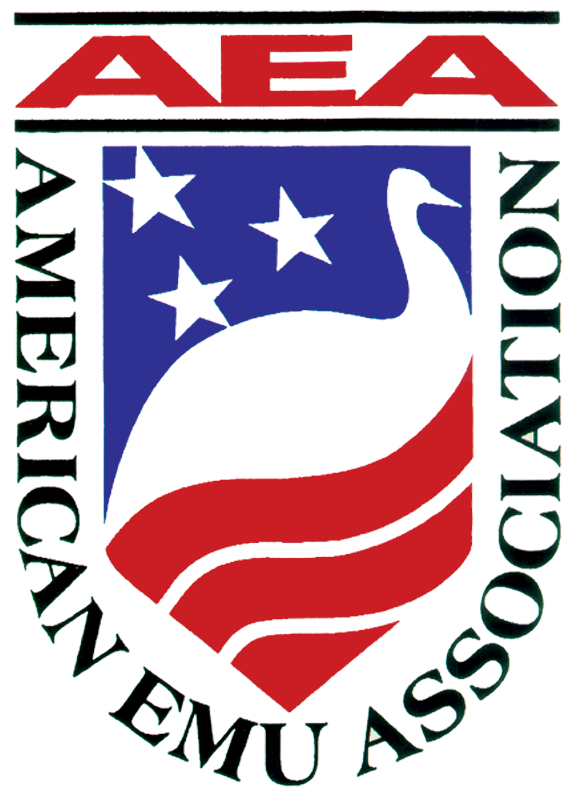Tips for Treating Fire Ant Bites
Easing the itch will help prevent secondary infections
(EMAILWIRE.COM, May 04, 2007 ) San Angelo, TX – While there are over 8,800 different species of ants in the world, what we hear the most about in the United States are the imported fire ants. Many people do not know that the United States has native fire ants and others that bite. Like harvester and other biting ants, the fire ant attacks in a two-part process. First the ant grabs the skin with its mandibles and then stings as many as 20 times before releasing. The venom injected into our bodies releases histamine, similar to that produced by our bodies, which in turn produces pain, itching, swelling and redness of the skin. The welt can enlarge rapidly and form a small blister. Over the next few hours the fluid in the blister will turn cloudy and the area will begin to itch. In a few rare cases there will be breathing difficulties, nausea, dizziness, shock or widespread swelling of body parts. Over 25,000 people in the U. S. seek medical treatment for fire ant bites alone each year. Of these, 12 may die.
According to Robert Winston, M. D. of the Eastside Medical Clinic in Jackson, TN, most fire ant bites are not life threatening and can be treated at home by the victim. Care should be taken to prevent secondary infections, says Dr. Winston. These are usually caused by scratching. Dr. Winston recommends these steps to aid in recovery.
- Move to a safe area to avoid additional stings.
- Do not scratch the pustules.
- Clean the affected area with a good anti-bacterial soap.
- Try to remove the venom/pus to accelerate the healing process. There are several venom extractor pumps on the market that use a vacuum to suction out insect bite poisons.
- Taking an anti-histamine will help relieve some of the itching and possibly prevent a fever in cases of several bites.
- Apply AEA Certified Fully Refined Emu Oil to the cleaned area to relieve itching and ease inflammation.
If you have breathing difficulties, nausea, dizziness, shock, widespread swelling of body parts or any other severe allergic reaction to an ant or other insect bite, contact your local emergency services and get immediate medical attention.
A board certified internal medicine practitioner at the Eastside Medical Center in Jackson, Tennessee, Dr. Robert Winston has practiced medicine for over 25 years. He enjoys staff privileges at Regional Hospital of Jackson, Jackson-Madison County General Hospital and Meharry Medical College Dept. of Continuing Education.

Founded in 1989, The American Emu Association is a non-profit trade association representing breeders, producers and marketers of emu meat, oil and other emu co-products. The emu industry is an alternative agricultural industry, dominated by the small farmer, who is devoted to humane and environmentally positive practices that will produce beneficial products for society. For more information about the American Emu Association (AEA) or the emu industry visit http://aea-emu.org